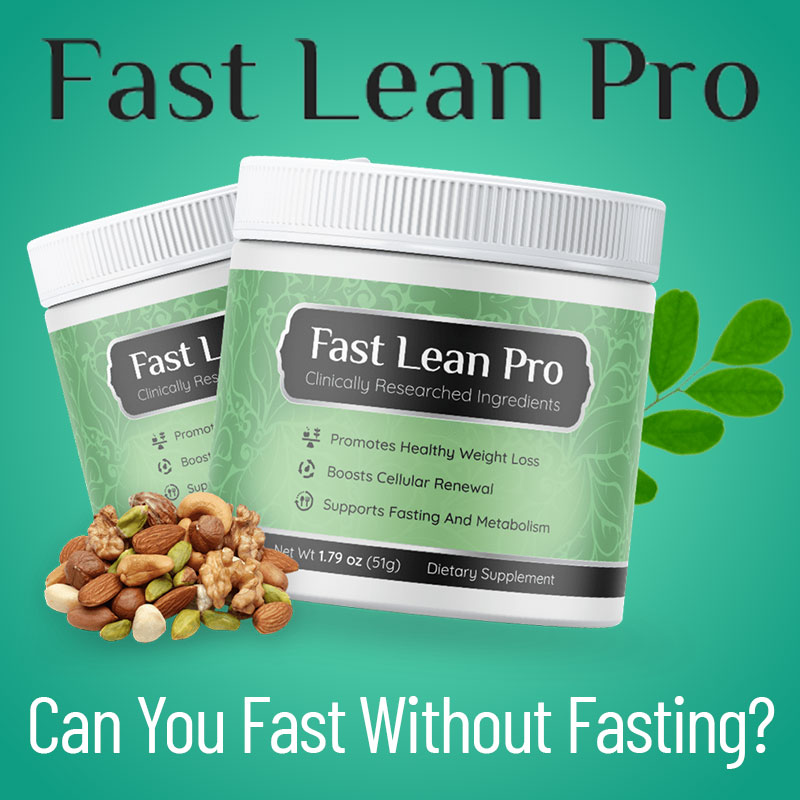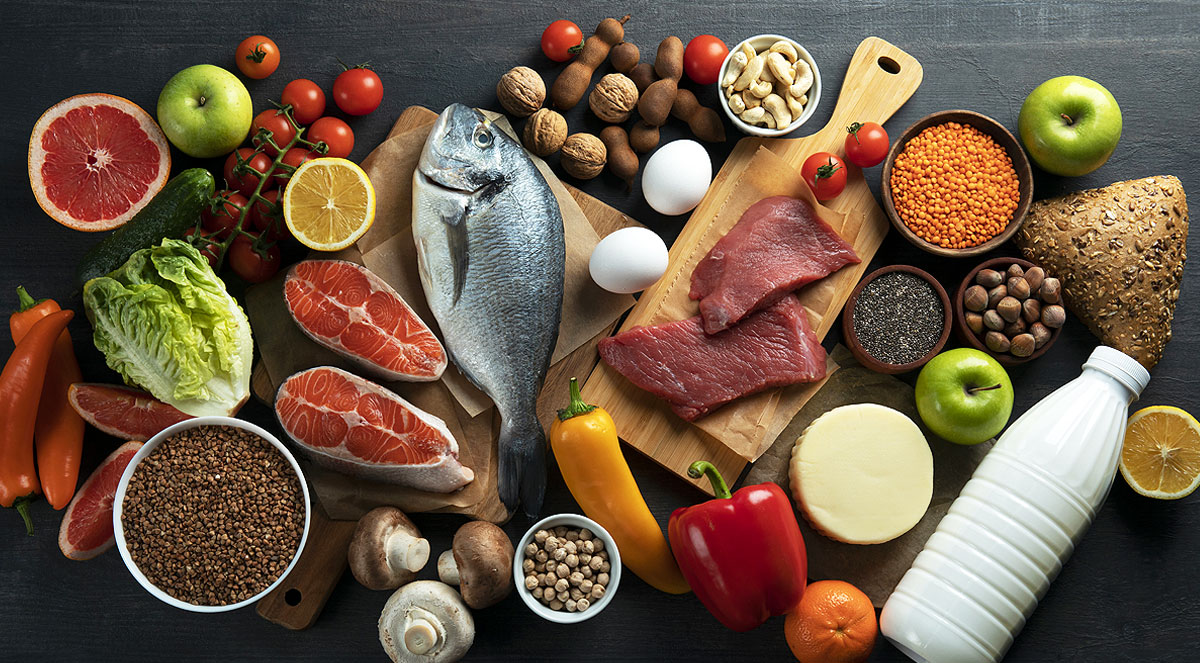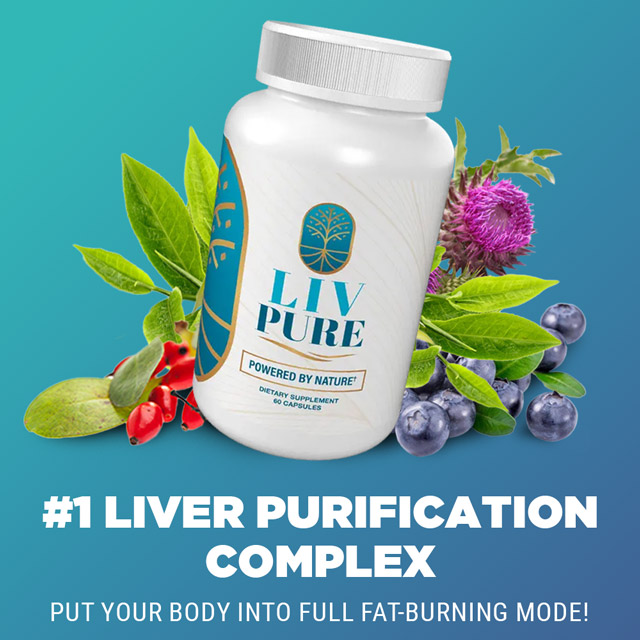The “best” weight loss diet can vary greatly depending on individual preferences, health conditions, lifestyle, and other factors. However, some popular and effective weight loss diets include:
Mediterranean Diet: This diet emphasizes fruits, vegetables, whole grains, fish, nuts, and olive oil while limiting red meat and processed foods. It has been associated with weight loss and various health benefits.
Low-Carb Diet (such as Atkins or Keto): These diets focus on reducing carbohydrate intake and increasing protein and fat consumption. By reducing carbs, the body is forced to burn fat for fuel, resulting in weight loss.
Paleo Diet: The paleo diet emphasizes whole foods that would have been available to our Paleolithic ancestors, such as lean meats, fish, fruits, vegetables, nuts, and seeds, while excluding processed foods, grains, and dairy.
Intermittent Fasting: This eating pattern involves cycling between periods of eating and fasting. Common methods include the 16/8 method (fasting for 16 hours and eating within an 8-hour window each day) or alternate-day fasting.
Plant-Based Diet: A plant-based diet focuses on whole, unprocessed plant foods while minimizing or excluding animal products. It can be effective for weight loss due to its emphasis on high-fiber foods and lower calorie density.
Calorie-Restricted Diet: Simply reducing calorie intake can lead to weight loss. This approach involves consuming fewer calories than the body expends, typically by monitoring portion sizes and choosing nutrient-dense foods.
DASH Diet: Originally developed to lower blood pressure, the DASH diet emphasizes fruits, vegetables, whole grains, lean proteins, and low-fat dairy while reducing sodium intake. It can also lead to weight loss due to its focus on nutritious, lower-calorie foods.
Ultimately, the best weight loss diet is one that you can sustain long-term and that aligns with your individual preferences and lifestyle. It’s also important to consult with a healthcare professional or registered dietitian before starting any new diet, especially if you have underlying health conditions or specific dietary needs. They can provide personalized guidance and support to help you achieve your weight loss goals safely and effectively.










